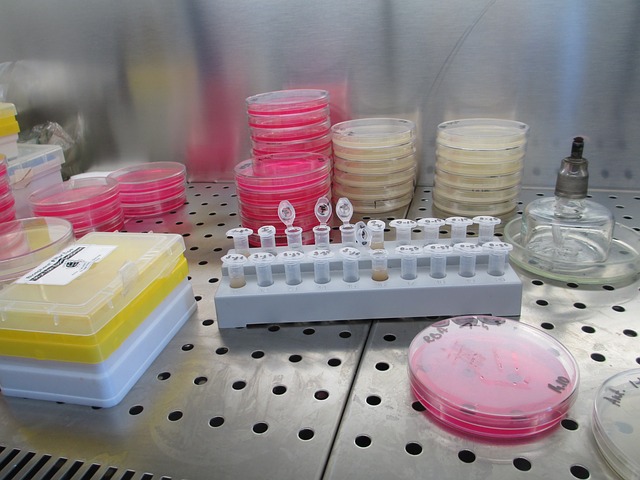Aggregated News

HEBEI, North China — Even though Han Chunyu’s car was parked just outside his lab, the scientist wasn’t available to talk. “Professor Han is not here,” his staff insisted during a recent visit to his lab at Hebei University of Science and Technology (HEBUST) by Sixth Tone’s sister publication, The Paper.
Just a year and a half ago, Han was basking in the spotlight. In May 2016, scientific journal Nature Biotechnology published his research on NgAgo, an enzyme he claimed was capable of snipping DNA sequences like scissors to modify genomes. Several years earlier, the scientific community had started using another enzyme, Cas9, to cut sequences of a genome, which would in theory make it possible to create designer babies or identify cancer-causing genes.
NgAgo, Han claimed in his research, was more efficient and precise than Cas9. The novel results thrilled geneticists both in China and abroad. As the leader of the project, Han was quickly hailed as China’s new science superstar. Some even said he could be the country’s next Nobel Prize winner.
Yet the scientific community has since ...



